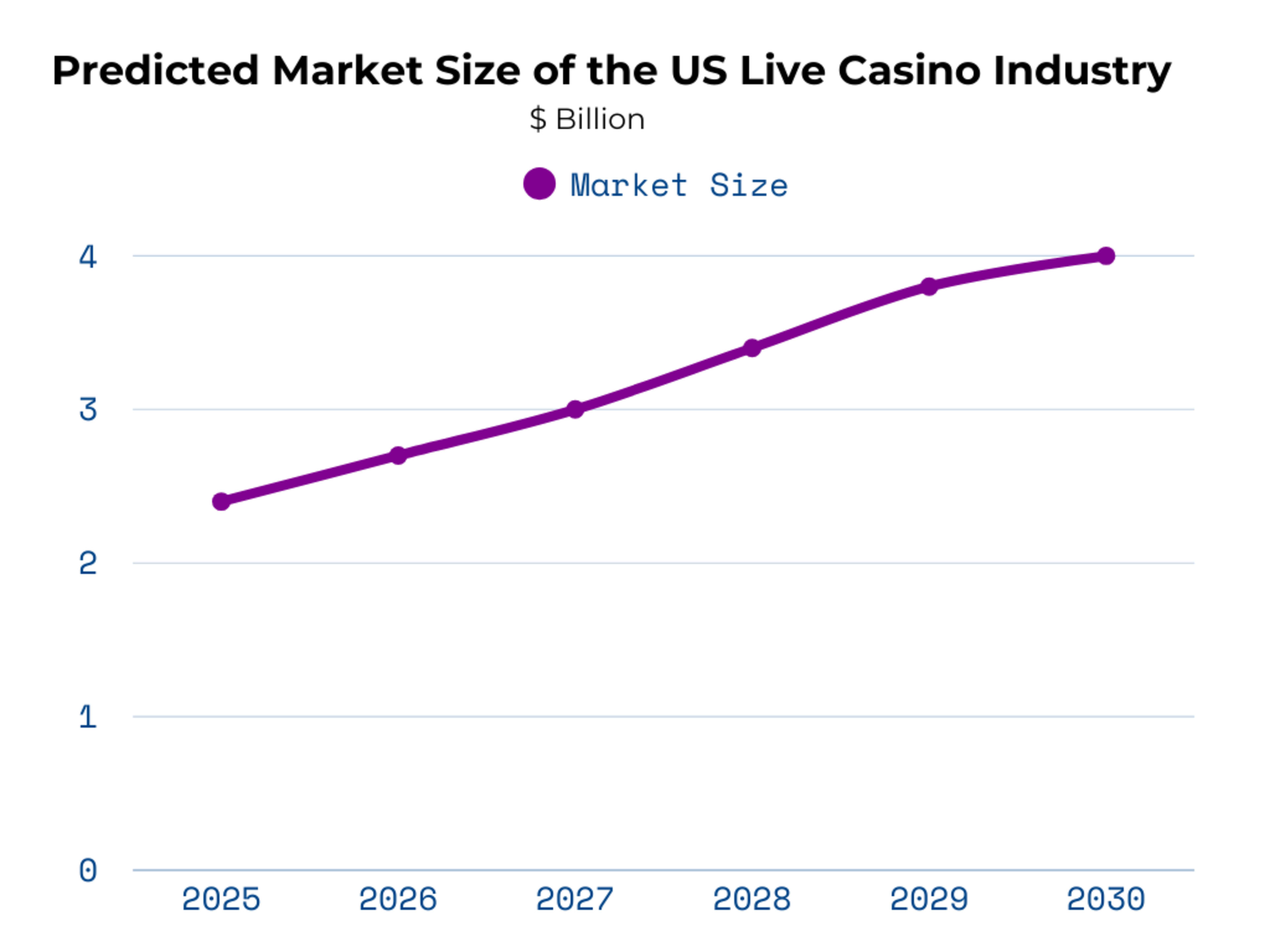Thinking about playing in a Kenyan online casino, where the clatter of chips and dealer banter is increasingly replaced by sleek digital screens and automated thrill? That's the reality as Electronic Table Games (ETGs) surge ahead. While the exact figures for Kenya are still developing, the global market for ETGs is booming, with projections indicating significant growth. This shift isn't just a tech fad; it's reshaping how casinos operate, players engage, and the industry evolves. In this blog, we'll dive into why ETGs are gaining traction, offering insights relevant to Kenyan players looking for the next thrill in online gaming. Whether you're a gaming enthusiast, a curious player, or just looking for the best online casino experience in Kenya, buckle up for a look at the future.
Why ETGs Are Catching On in Kenyan Online Casinos
The move towards ETGs is being felt globally, and Kenya is no exception. As casinos increasingly seek efficient ways to offer popular games and players look for smooth, uninterrupted gameplay, ETGs offer a compelling solution. Many players in Kenya are discovering the convenience and speed that electronic versions of their favourite table games provide, often at lower stakes.
Convenience and Cost-Effectiveness for Kenyan Players
The rise of online gaming in Kenya has seen a demand for accessible and affordable table games. ETGs fit this perfectly. They can operate around the clock, are not limited by the availability of human dealers, and often allow for lower minimum bets compared to live dealer tables. For Kenyan players, this means more chances to play popular table games like blackjack and roulette whenever they wish, without breaking the bank. Plus, the streamlined nature of ETGs ensures quick game rounds, allowing players to get more action in less time.

Popular ETGs You Can Find in Kenyan Online Casinos
While many Kenyan online casinos still offer a robust selection of live dealer games, ETGs are making their mark. You'll find variations of the most beloved casino classics adapted for electronic play. These digital tables are designed for speed, ease of use, and often include intuitive interfaces that are perfect for both new and experienced players in Kenya.
Electronic Blackjack and Roulette are the frontrunners, offering familiar gameplay but with the efficiency of digital dealing. Instead of waiting for a physical shoe to change or chips to be cleared, the game proceeds seamlessly. Players in Kenya can place bets via touchscreens, and the outcomes are determined by certified random number generators (RNGs) for fairness. Many platforms also feature multi-betting options and side bets to keep the excitement high.
Beyond these staples, you might also find ETG versions of popular casino poker games or even baccarat. These electronic formats often aim to replicate the feel of a land-based casino, with realistic graphics and sound effects, providing an immersive experience that's just a click away for players across Kenya.
As the online casino landscape in Kenya continues to evolve, ETGs are poised to become an even more significant part of the player experience. They offer a compelling blend of convenience, speed, and accessibility that aligns well with the preferences of modern Kenyan gamblers. Keep an eye on these exciting digital tables as you explore the best online casinos Kenya has to offer!
Cost Breakdown: ETGs vs. Live Dealers – The Numbers Don't Lie
Money talks in high roller live casinos, and ETGs scream savings. Traditional live dealers rack up high labor costs—think $150-$200 per hour in wages alone—while ETGs slash overheads by up to 50% through minimal staffing and faster game speeds. Here's a head-to-head comparison:
Player Preferences: Who Loves ETGs and Why?
The demographics around ETGs reveal a clear generational divide.
- Younger Players (18–34 years): This age group represents the overwhelming bulk of ETG adoption, accounting for over 95% of electronic gamers in 2025. For Gen Z and younger Millennials, ETGs align perfectly with their digital-native lifestyles. They value the privacy of terminals, the ability to learn without public embarrassment, and the low-stakes bets ($5–10) that make experimentation more affordable. These players are also accustomed to mobile gaming and online interfaces, so transitioning into ETGs feels natural.
- Millennials (30s–40s): While slightly older, Millennials dominate the online gambling sector and show a strong preference for ETG blackjack and baccarat, particularly for solo play sessions. Their busy lifestyles make quick, on-demand gaming appealing, and ETGs meet this need without the social expectations of live dealer tables.
- Older Players (45+ years): This group continues to gravitate toward live dealers. For them, the allure is not speed or efficiency but the social atmosphere—dealer banter, camaraderie with tablemates, and the traditional casino experience. However, some older players have begun exploring ETGs for their accessibility and reduced intimidation factor, particularly when learning new live casino games.
Culturally, ETGs are transforming the casino environment. The old image of rowdy, crowded tables is being replaced by tech-driven zones, sleek electronic setups, and quieter, more individualized play. This reflects a generational shift in entertainment, where personalization and technology are now central.

Operator Insights: What Casino Bosses Are Saying About ETG Strategy
Casino executives have become vocal advocates of ETGs, often highlighting two key drivers: financial resilience and audience expansion.
- Financial Growth: Multiple top-rated live casino platforms explain that they are leveraging ETGs to drive profitability during a time when labor costs are unpredictable and staffing is challenging. By reducing dealer reliance, casinos enjoy higher margins per table and greater throughput per hour.
- AI Integration: Another casino leader emphasizes that AI and machine learning are transforming ETG operations. AI is not only used for marketing and player retention but also for responsible gambling tools—detecting risky patterns and offering real-time interventions.
- Strategic Agility: With ETGs, casinos can reconfigure floors more quickly, adapt to peak visitor times, and attract tech-savvy younger crowds without alienating traditional players. This adaptability has become a cornerstone strategy in 2025’s volatile economy.
Cutting-Edge Innovations: ETGs Get Smarter in 2025
2025 brings ETG wow-factors like AI-personalized betting in blackjack and AR overlays for immersive roulette. Hybrid systems blend live wheels with digital interfaces, while VR dealers elevate baccarat. These tech leaps bridge the authenticity gap, making ETGs feel alive without the human element.
The Employment Equation: Jobs Gained, Lost, and Transformed
ETGs disrupt jobs—potentially cutting dealer roles by 20-30%—but the industry forecasts 17% overall growth through 2031, creating tech maintenance and analytics positions. In 2025, unions push for reskilling, turning potential losses into opportunities. Economically, it's a mixed bag: fewer low-skill jobs, more high-tech ones.
Global Perspective: US vs. Macau and Europe in the ETG Race
The US is catching up fast, but Macau leads with ETGs generating 37% more profit than traditional tables, post-2019 adoption. Europe's slower, favoring live dealers culturally, though the UK ramps up for compliance. US casinos blend both, using ETGs for efficiency while preserving social hubs— a balanced overtake.









